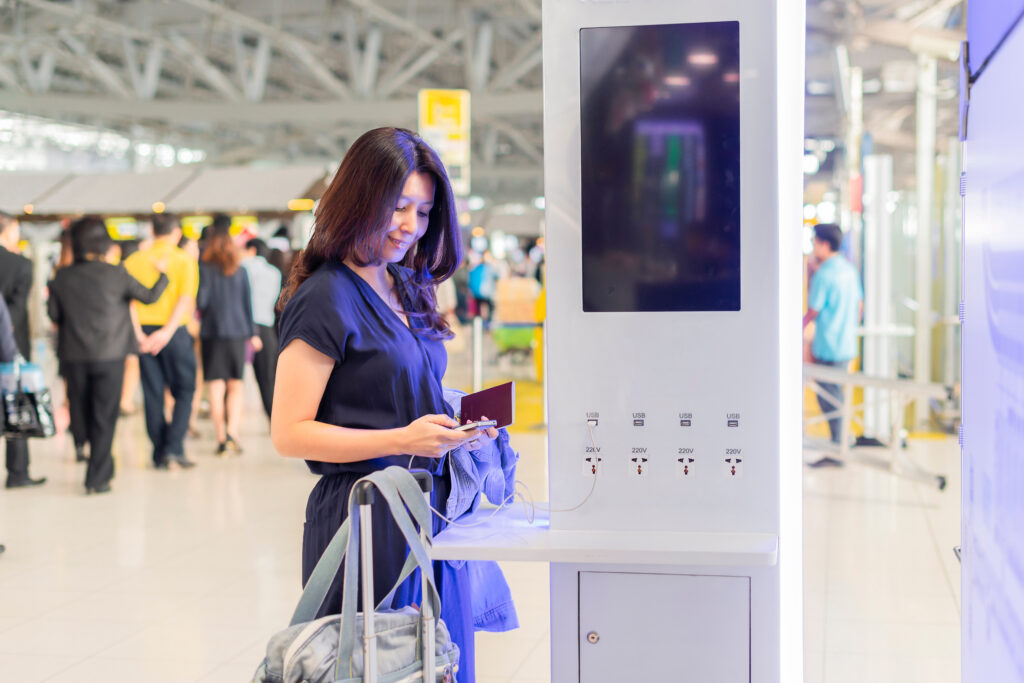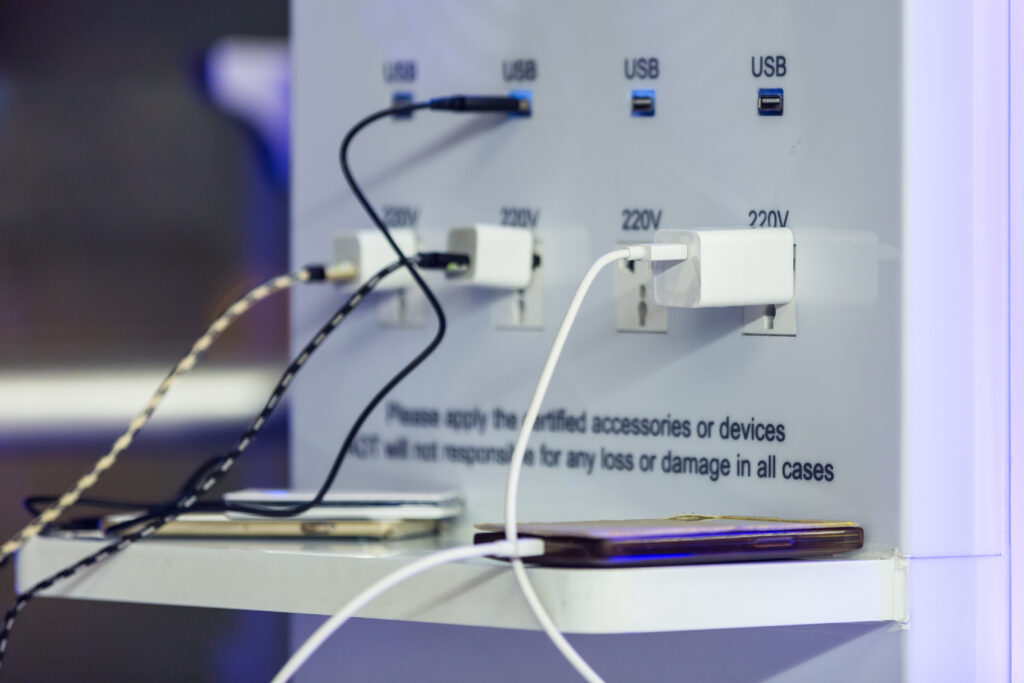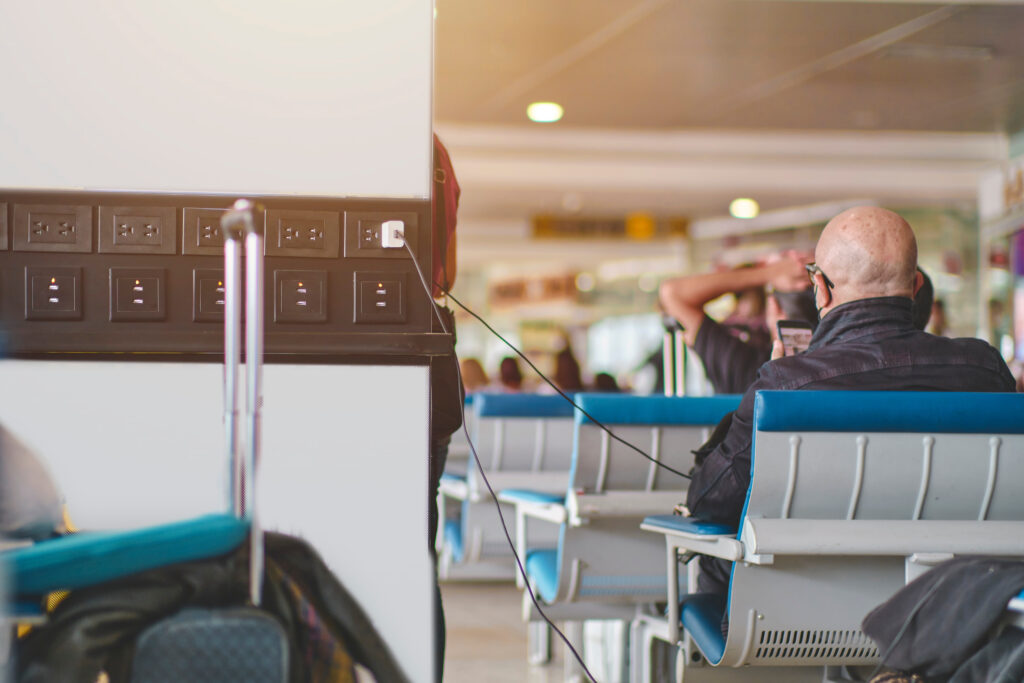On April 6, 2023, the FBI’s Denver office issued a tweet warning against the public use of USB charging ports common in commercial buildings such as malls and airports. These charging stations and kiosks are provided for public convenience, however, the FBI’s tweet begs the question: is the convenience really worth the risk?
The tweet cryptically reads, “Avoid using free charging stations in airports, hotels or shopping centers. Bad actors have figured out ways to use public USB ports to introduce malware and monitoring software onto devices. Carry your own charger and USB cord and use an electrical outlet instead.”
According to ABC News, the FBI did not respond to their inquiries on whether this tweet was correlated to a rise in the cyber-theft practice coined “juice-jacking.”
Juice-jacking occurs when cyber thieves steal phone data through malware placed in public charging kiosks. This malware then exports personal data and sensitive information, like passwords, to the perpetrator.
To find out more about this phenomenon, ABC News reached out to expert Javed Ali, the former senior director for counterterrorism at the National Security Council. Ali claims that it requires a “high level of technical capability” to achieve what the FBI’s tweet warns against.
Although there is some doubt behind how widespread this practice is, as per Ali’s comments and suspicious Twitter users’ replies to the FBI Denver office’s tweet, many platforms are still encouraging action to prevent data theft.
For instance, the Federal Communications Commission addresses juice-jacking concerns, as well as CBS News, who similarly covered this warning by the FBI Denver. In the CBS article, they report on tips and measures taken by some companies to protect users against cyber-theft.
If you are interested in taking action personally, here are some tips recommended by the FCC:
- Avoid using a public USB charging station. Use an AC power outlet instead.
- Bring AC, car chargers, and your own USB cables with you when traveling.
- Carry a portable charger or external battery.
- Consider carrying a charging-only cable, which prevents data from sending or receiving while charging, from a trusted supplier.
- If you plug your device into a USB port and a prompt appears asking you to select “share data” or “charge only,” always select “charge only.” (Source: FCC).
While these are helpful tips, Lider encourages carrying a portable battery charger to avoid public charging kiosks entirely. Rest assured – if you’re traveling, the TSA allows portable chargers or power banks with lithium ion batteries in your carry-on only – not in checked bags. Although it is difficult to determine how widespread juice-jacking really is, it is better to be safe than sorry.
Sources: https://abcnews.go.com/Politics/fbi-warns-public-charging-stations/story?id=98503419
https://www.fcc.gov/juice-jacking-dangers-public-usb-charging-stations
https://twitter.com/fbidenver/status/1643947117650538498?s=46&t=nCexCl6VSyKZKdkFL2-gXQ




